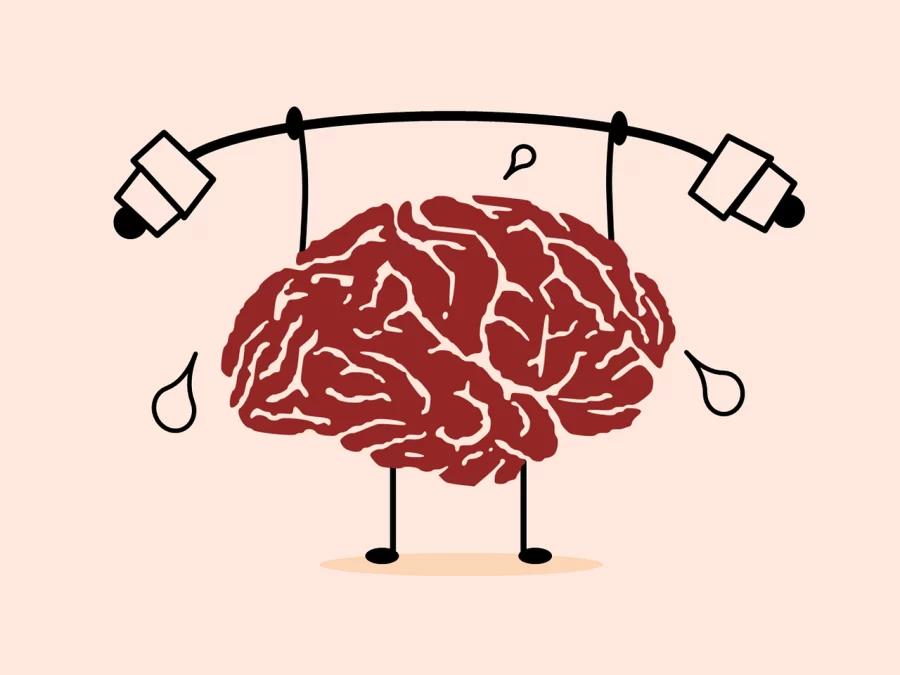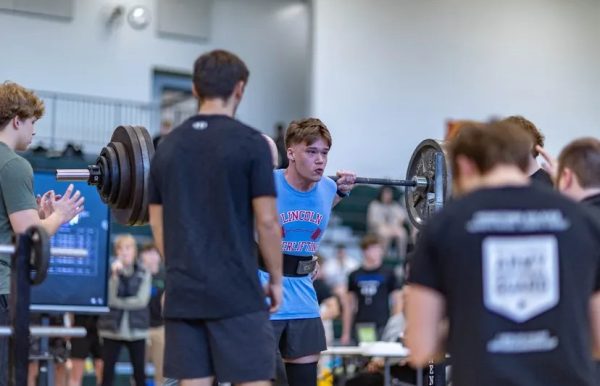Mental health in sports
It is important to take care of your mental health just as much as your physical health.
May 13, 2022
According to the National Institute of Mental Health, one in five adults struggle with mental illness in the U.S. This constant fight for well-being does not exclude the near half a million student athletes competing in collegiate sports every year. As mental health becomes a more open and accepted topic while times progress, it is necessary to recognize the importance of beginning the conversation.
Pressures on student-athletes to perform and compete without the proper support and education on how to balance increases their risk for mental health struggles. With the regular workload of a student mixed with the demands of college athletics, it is necessary for these people to have resources to reach out to in need.
“33% of all college students experience significant symptoms of depression, anxiety or other mental health conditions. Among that group, 30% seek help. But of college athletes with mental health conditions, only 10% do,” said Athletes For Hope.
These stresses are not confined to only athletes, yet athletes do share a special kind of pressure as they are supposed to be seen as tough, strong and immune to struggles that can mess with their game. To push through it, snap out of it and shake it off are all part of athletes’ day-to-day inner monologues. But what happens when it just gets to be too much? When they can’t push through it anymore and they have nowhere to go and nobody to turn to?
Morgan D. Rodgers. Lauren Bernett. Katie Meyer. Sarah Schulze. Arlana Miller. These are all incredibly strong and successful collegiate athletes who have taken their own lives in the year of 2022.
“I think that the losses coming in close succession has really been traumatic,” said Dr. Julie Amato, a clinical and sports psychologist. “Not just for the people who go to [those schools], but for the athletic community at large.”
For many, these deaths have come as a warning sign to the sports community, urging the importance of educating, guiding and aiding student-athletes across the nation. Together, in collegiate sports, we can destigmatize the necessity that is mental health and create a safer place for all student-athletes to thrive. Be the one to start the conversation.
If you or someone you know is struggling and in need of a little guidance, check out some of these resources below:
National Institute of Mental Health- Call 1-800-273-TALK (8255); Text “HELLO” to 741741
Mental Health First Aid- https://www.mentalhealthfirstaid.org/mental-health-resources/









